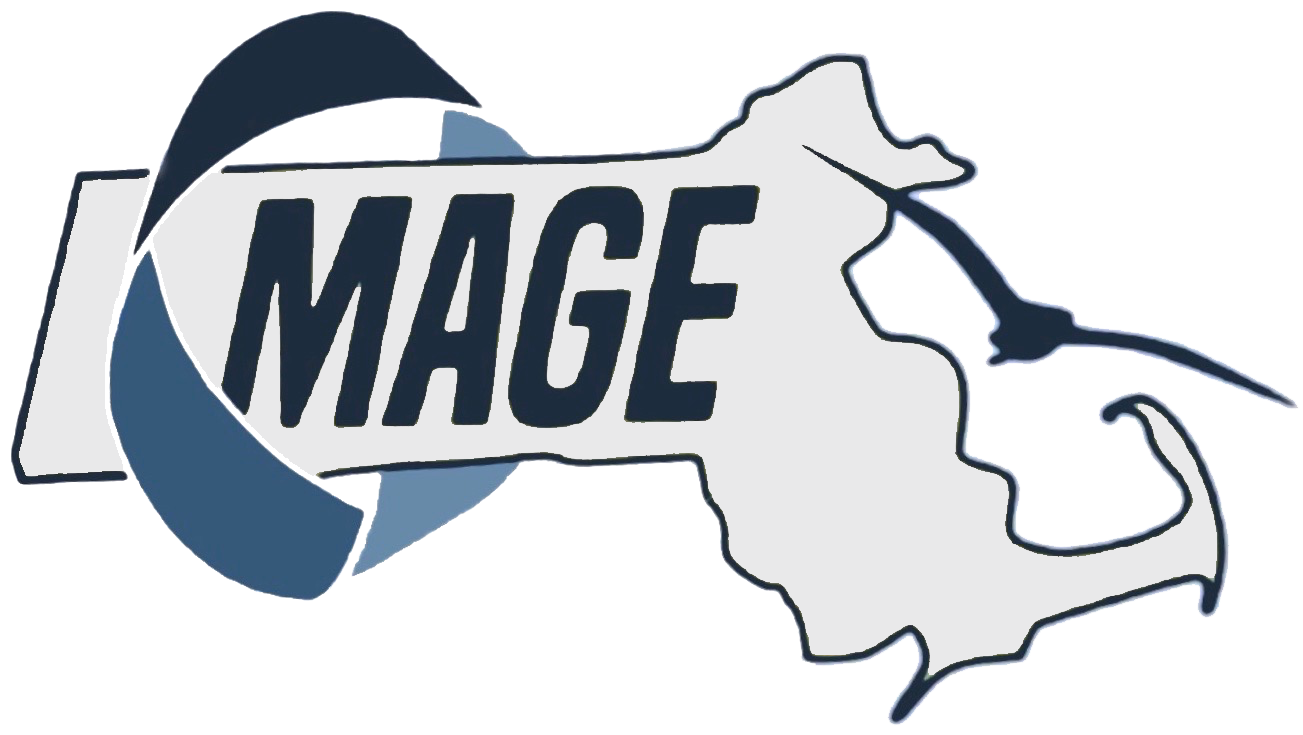Promoting Excellence: The Necessity of State Support for Advanced Academics in Massachusetts, By Dr. Gilman Whiting
Dr. Whiting is the Director of the Scholar Identity Institute and Community Outreach Initiative (SIMCOI) at Vanderbilt University where he is also a professor in the Department of African American and Diaspora Studies at Vanderbilt University. He is a Distinguished Alumni of Purdue University where he received his Ph.D. from the College of Education.
Promoting Excellence: The Necessity of State Support for Advanced Academics in Massachusetts
The importance of strong state support for advanced academics in Massachusetts, aimed at fostering excellence and shaping both student and national futures, is indubitable. Though the benefits might not be immediately apparent, numerous research studies highlight the enduring advantages this investment can provide.
This discussion focuses on these long-term gains for students, the state, and America's future. It underscores the transformative power of prioritizing advanced academics. Central to this argument is that investing in advanced academics equips students with skills beyond their classrooms.
A National Association for Gifted Children (NAGC) study suggests that advanced academic programs foster intellectual curiosity, critical thinking, and problem-solving abilities - fundamental pillars upon which students construct their futures.
Additionally, Massachusetts benefits significantly from nurturing a culture of such academics. A report by the Massachusetts Business Alliance for Education (MBAE) illustrates how promoting advanced learning opportunities contributes to a skilled workforce capable of innovation. Students exposed to challenging academia are likelier to become leaders or entrepreneurs who drive statewide economic growth, enhancing local economic competitiveness and global presence.
Moreover, prioritizing these programs has implications beyond individual students or states; it resonates nationally too. Thomas B Fordham Institute emphasizes nurturing gifted learners as key contributors toward America's future across various fields. Supporting them appropriately, Massachusetts would create a pipeline of scientists, engineers, and thinkers leading our nation forward. This ensures continued American global leadership and positions us as an epicenter of innovation excellence.
Investing in such programs also addresses issues related to access and equity, as highlighted Journal of Educational Psychology. Historically marginalized groups often face barriers to accessing advanced learning opportunities, but state intervention dismantles these, ensuring every student flourishes regardless of background. This promotes social justice and diversifies the talent pool contributing to State and the Nation.
Though initial investments may seem substantial, long-term returns outweigh costs, according to research conducted National Research Center Gifted Talented. Graduates from advanced programs achieve higher education levels and earn more degrees, increasing earning potential individuals translating into higher tax revenue and creating fiscal health. Cognitive, creative skills honed through advanced academic experiences ripple throughout society, creating teachers better equipped to address diverse learning needs and employ innovative teaching methods, thus producing generation-engaged citizens ready to tackle future challenges.
In conclusion, state support for advanced academics is undeniably imperative. A wealth of research highlighting far-reaching benefits proves the transformative power of such investments. By encouraging the intellectual growth of its students, Massachusetts fosters workforce leaders and innovators who shape the trajectory and contribute nation’s success. Equitable access to advanced academic opportunities can build a more inclusive society and paves the way for just organizations. Ultimately, investing in advanced academics is investing in excellence, prosperity, and growth within Massachusetts and the United States.

